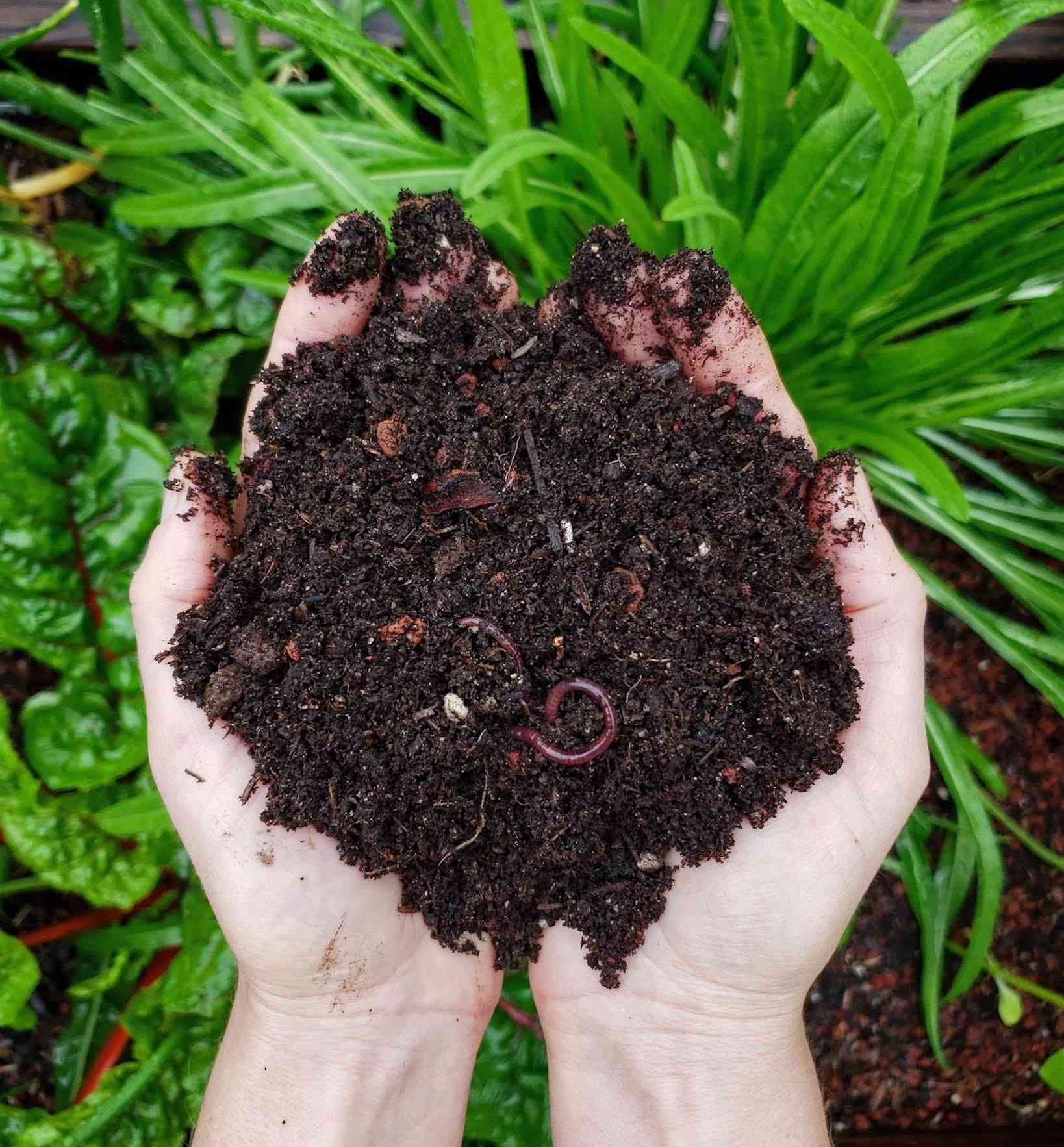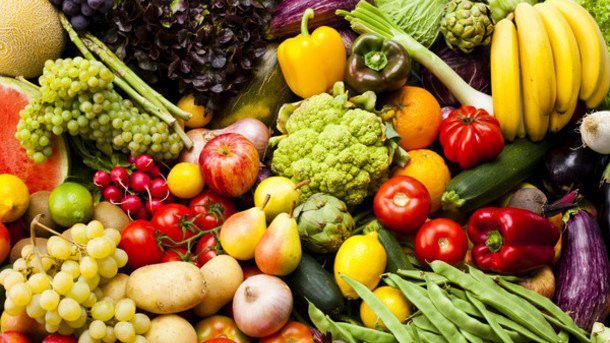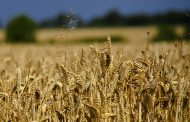Gardeners have a habit of sending to compost everything that can rot and turn into valuable fertilizer. But making compost is a long process. Part of the organic matter rots in just a couple of months, the other is processed in 2-3 years. Eventually, you have to wait until the accumulated pile rots completely, and only then use it as fertilizer or mulch. However, waste that rots quickly can be buried in the garden throughout the season.
Kyiv. Ukraine. Ukraine Gate – April 11, 2021 – Agriculture
What is useful organic waste?
- Improves soil structure.
- Increases fertility.
- Absorbs and retains moisture for a long time.
- Attracts earthworms.
The harvest will please only if the land on the site is fertile. It is not enough to use mineral fertilizers, follow the rules of crop rotation, you need to make organic.
What organic matter can be buried directly in the ground without sending to compost
Fallen from trees and shrubs leaves
If there are at least 3 fruit trees in the area that shed their leaves in autumn, you should rake the garbage in a pile, make holes in the bed and bury it. By spring, the leaves will be a full-fledged fertilizer.
Chicken eggshell
Eggs are an important component of many dishes, and the shell is pure calcium. All plants need calcium but in small amounts. If a crumpled or crushed shell is placed in the soil, the plants will take as much calcium from the soil as they need.
Peeling apples, potatoes, carrots, beets
Cooking first and second courses is not without vegetables that need to be washed and cleaned. If you cut the cleaning into pieces, grind with a meat grinder or blender, they will rot in a few weeks.
Grass after mowing
A good lawn requires constant care, the grass is mowed monthly, and sometimes 2 times a month. In the process, the greens are crushed, so they can be safely buried in the ground or mulched with dried planting grass.
Tops of vegetables
Root tops radishes, carrots, beets, radishes. The aboveground part of the roots is quite tender, does not have a thick stem, which is processed for a long time, so it can also be used as a quick organic fertilizer.
Tops of legumes
Stems and leaves of legumes after harvest. When there are no beans, peas, or tops left on the bushes, they should not be sent to compost, because they can be immediately covered in the soil. The greens of legumes will saturate the soil with nitrogen and other nutrients.
If you add chicken manure as a supplement to organic waste, the decomposition process will be completed even faster.
Read also: Growing Organic Products in Kyiv!
Source: Ukrgate







